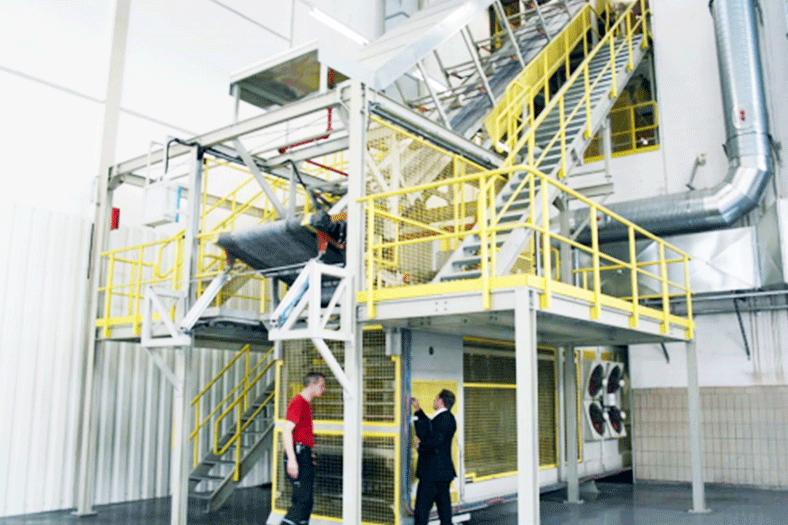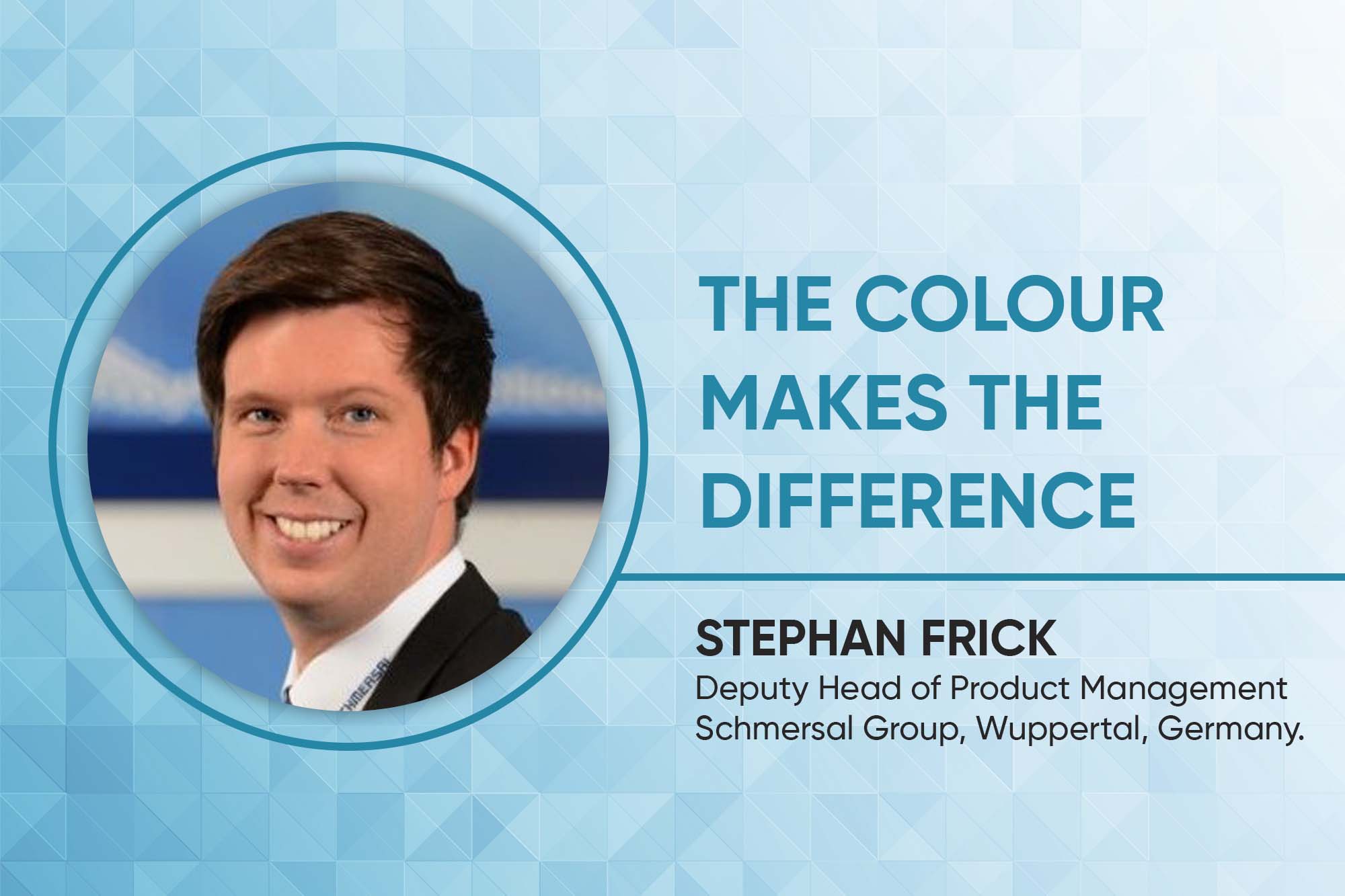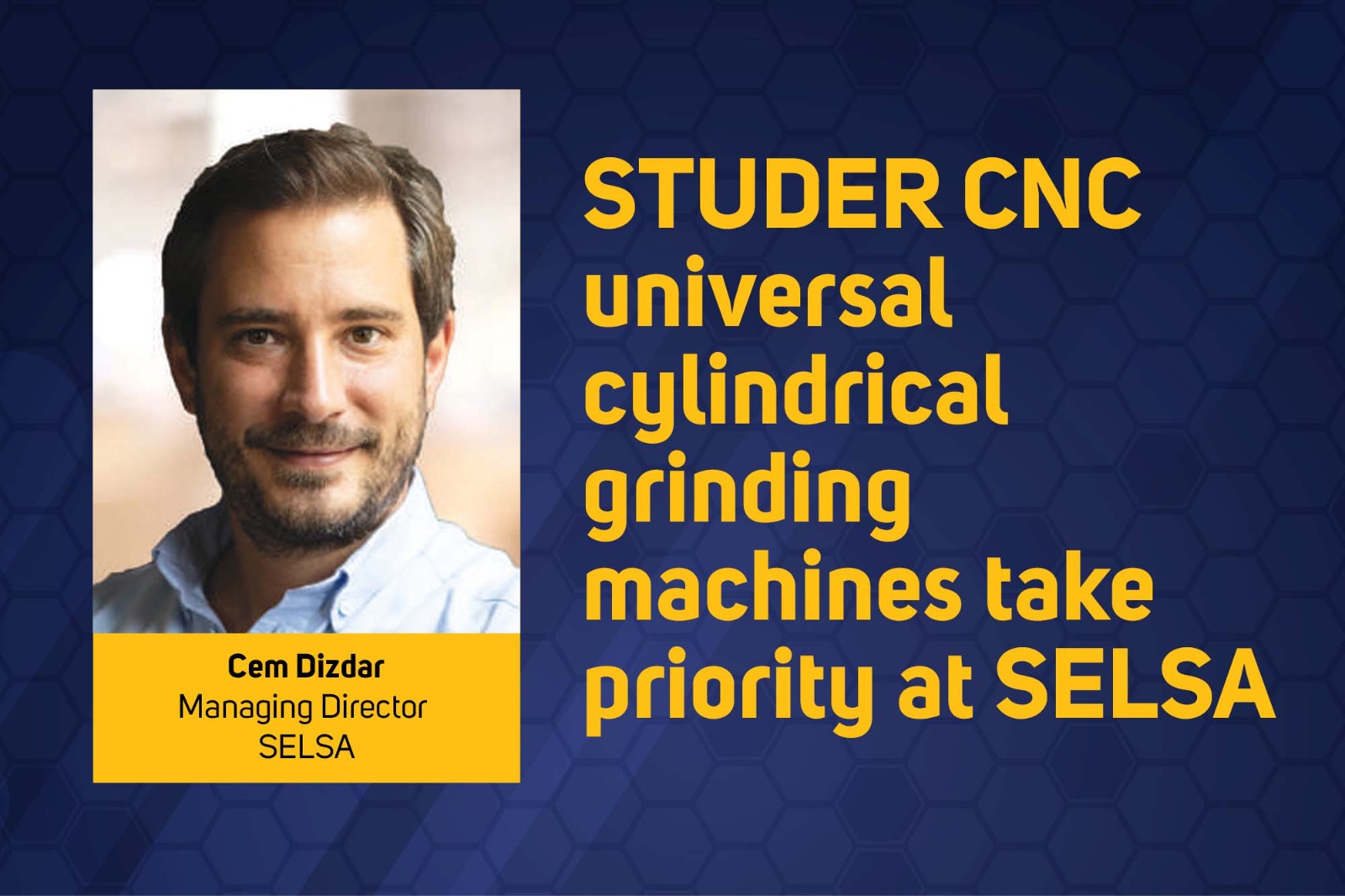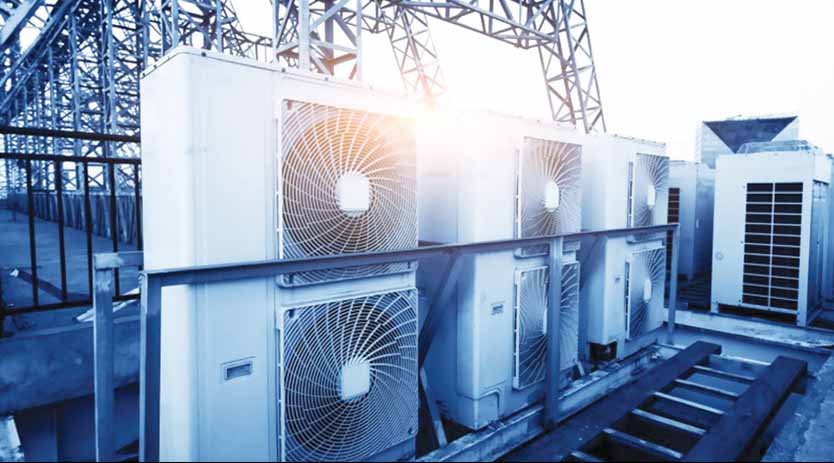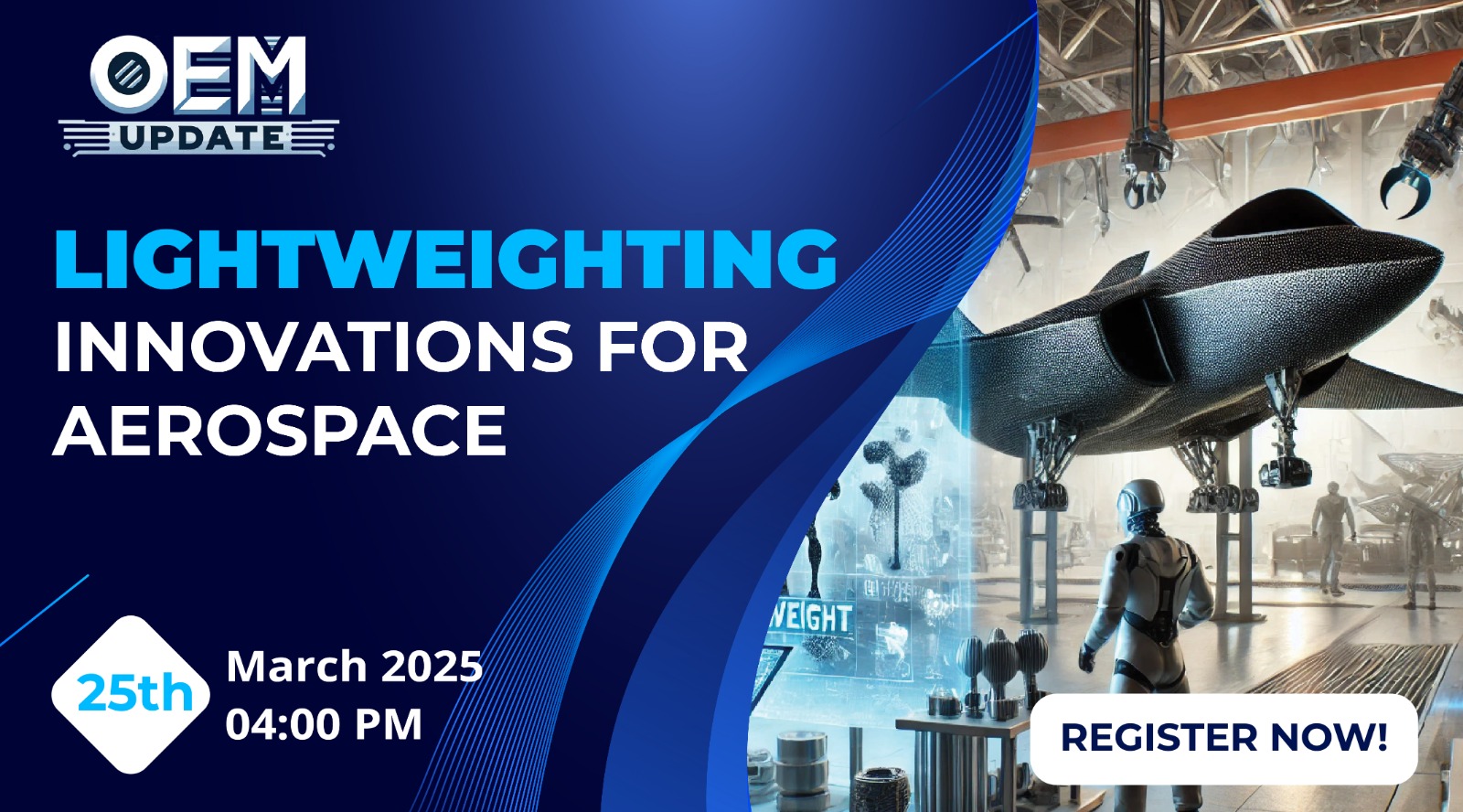Safe transport using energy supply chains
By OEM Update Editorial October 17, 2019 12:39 pm IST
Car tyres are required to meet the highest of safety standards. They need to be able to cushion and absorb, to ensure directional stability, have smooth running characteristics and a long life, as well as be able to transmit power in longitudinal and transverse directions. Manufacturing such high-tech products is a core competence of Germany’s Continental concern. With its headquarters in Hanover, the company is Europe’s one of the leading tyre manufacturers. One of theirs largest production plants in Europe is located in Korbach in Hessen, where 34,000 car, SUV and van tyres are manufactured each day. For many of its production lines, Continental has placed its trust in the reliable cable and connection technology of Stuttgart’s Lapp Group; for example, with the “Internal mixer 8” launched in December 2018. Here, raw materials are mixed, rolled, cooled, mixed again and rolled; a process varied according to the type of tyre and component until the desired material property has been achieved. After all, such a high-tech tyre comprises more than 12 different rubber compounds.
The internal mixer produces 60 to 90 tons of sheet daily as part of a multi-stage mixing procedure. These are the basic elements for every tyre. The system stretches across four floors and is controlled by a single employee. The cable harnesses used are routed under the ceiling in cable trays. Responsible for the wiring was Bernd Emde from the Electrical Installation department at Continental. “We used almost exclusively Lapp cables. We were particularly impressed by the high quality of Lapp’s products, not to mention the superb service from a single source.” A feeding conveyor and several pipes or hoses transport the raw materials to the mixer. Safe transport using energy supply chains is guaranteed by the ÖLFLEX® FD CLASSIC 810 P cables. As oils are also mixed here, the highly oil-resistant ÖLFLEX® 191 connection and control cable is used. Next stop is the mixer, before the plastic material produced in the mixer continues on to the extruder.
Cookie Consent
We use cookies to personalize your experience. By continuing to visit this website you agree to our Terms & Conditions, Privacy Policy and Cookie Policy.



